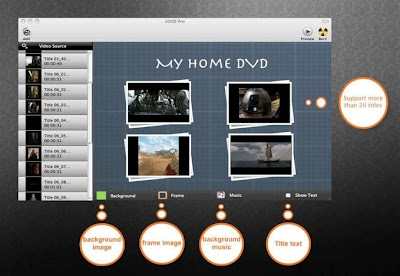 The NET Bible: New English Translation
The NET Bible: New English Translation by
Biblical Studies Press
My rating:
4 of 5 stars
I got this Bible free in the Olive Tree Bible Study app on my iPad. (Love that app, by the way.)
The translation was crowdsourced, which explains why it's inconsistent in places.
The editors show a propensity toward cliches, e.g., Isaiah 64:11, "all our prized possessions have been destroyed," where a note indicates the alternate translation as "all that we valued has become a ruin." Given the choice between the two, why would an editor prefer the hackneyed old set phrase "prized possessions" over something plain, simple, and more literal?
Other times, though, the translators appear to be needlessly striving for originality. In Habakkuk 2:14, for example, they write: "For recognition of the Lord s sovereign majesty will fill the earth just as the waters fill up the sea."
The footnote shows the literal translation: Heb. "for the earth will be filled with the knowledge of the glory of the Lord, just as the waters cover over the sea." The poetic meter of the original has been eradicated in the translation, and for no good reason I can discern.
The translators have a journalist-like aversion to metaphor. Deuteronomy 26:8 reads, "Therefore the LORD brought us out of Egypt with tremendous strength and power(a), as well as with great awe-inspiring signs and wonders." Note (a) then says, "Heb. 'by a powerful hand and an extended arm.' These are anthropomorphisms designed to convey God's tremendously great power…They are preserved literally in many English versions (cf. KJV, NAB, NIV, NRSV). Well, yeah. I suppose that's why those translations are among the most widely used. I'd rather have the literal translation with an explanatory footnote than the other way around.
Diction choices are very odd indeed. There seems to be an excessive concern about helping "modern" readers understand the text, which results in pointless things like Jeremiah 13:1 describing his "linen shorts." I trust that modern readers are not so dense as to be unaware of what a loincloth is. Elsewhere, the plans for the temple are called "blueprints," a whopping anachronism.
The translators' notes are copious, almost overwhelmingly so. But I do like seeing the thought process.
The notes often highlight occasions when the translators have taken liberties with sentence structure. The notes will cite a verse or verses and then note that they are "one long sentence in Hebrew. The translation divides this into two sentences for stylistic reasons."
In one place, they have left what they consider a "long" sentence, with this explanation: "The length of this sentence runs contrary to the normal policy followed in the translation of breaking up long sentences. However, there does not seem any way to break it up here without losing the connections." The sentence in question is Jer. 15:4 -- "I will make all the people in all the kingdoms of the world horrified at what has happened to them because of what Hezekiah's son Manasseh, king of Judah, did in Jerusalem.” Now, is that really so long? It's not unwieldy.
This aversion to long sentences and the anachronistic diction choices lead me to believe that this translation is aimed at readers with lower skill levels, e.g., young people and those for whom English is a second language. Yet the notes are highly scholarly, often delving deep into fine points of Hebrew and Greek grammar.
For example, here's the note on Jer. 31:19 -- "For this meaning of the verb see HAL 374 s. v. ידע Nif 5 or W. L. Holladay, Concise Hebrew and Aramaic Lexicon, 129. REB translates "Now that I am submissive" relating the verb to a second root meaning "be submissive." (See HALOT 375 s. v. II ידע and J. Barr, Comparative Philology and the Text of the Old Testament, 19- 21, for evidence for this verb. Other passages cited with this nuance are Judg 8:16; Prov 10:9; Job 20:20.)"
I have no idea what half of that even means, and I'm a pretty skilled reader. But not in Hebrew.
The notes are sometimes written so much for those with a seminary education that they are out of reach of ordinary laypersons. For example, on Mark 1:31, "...the fever left her and she began to serve (a) them," where note (a) says, "The imperfect verb is taken ingressively here." Not knowing Greek, either, I have no idea what an ingressive verb is or why it matters.
So I'm not quite sure what to make of the NET. As a Bible study leader, I find the scholarly notes helpful, albeit over my head at times. But because of the tendency of the text toward oversimplification and paraphrase, I'm not likely to use it in class.
View all my reviews
 The Millionaire Map: Your Ultimate Guide to Creating, Enjoying, and Sharing Wealth by Jim Stovall
The Millionaire Map: Your Ultimate Guide to Creating, Enjoying, and Sharing Wealth by Jim Stovall











